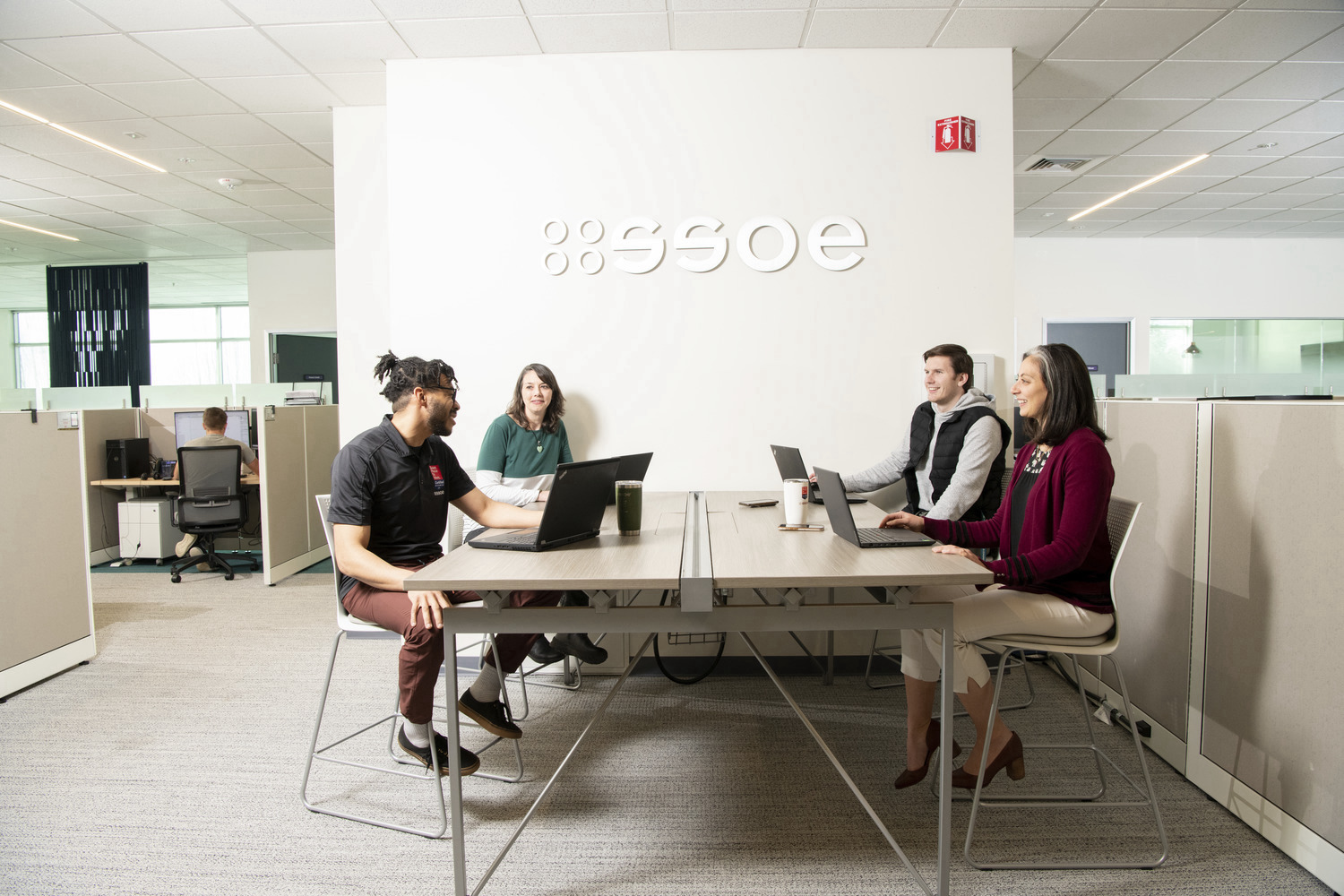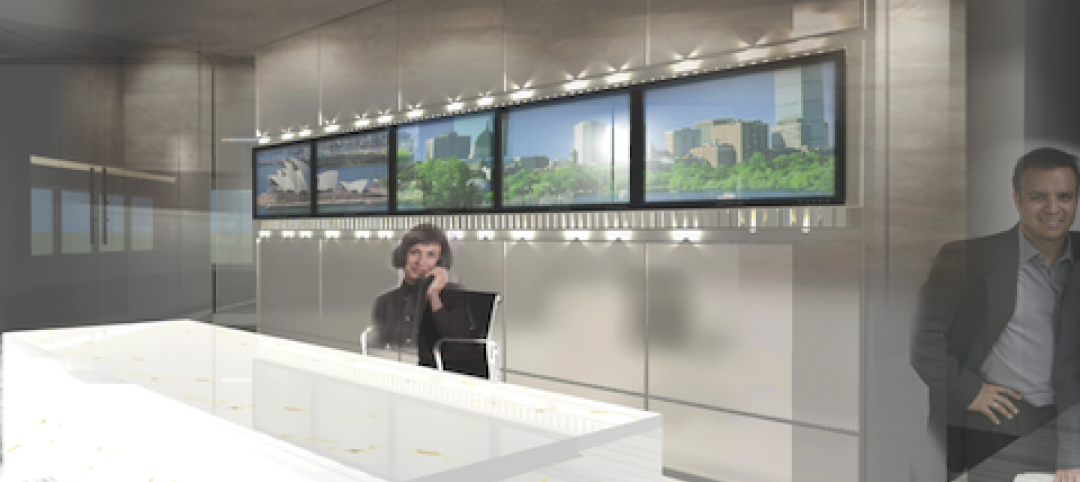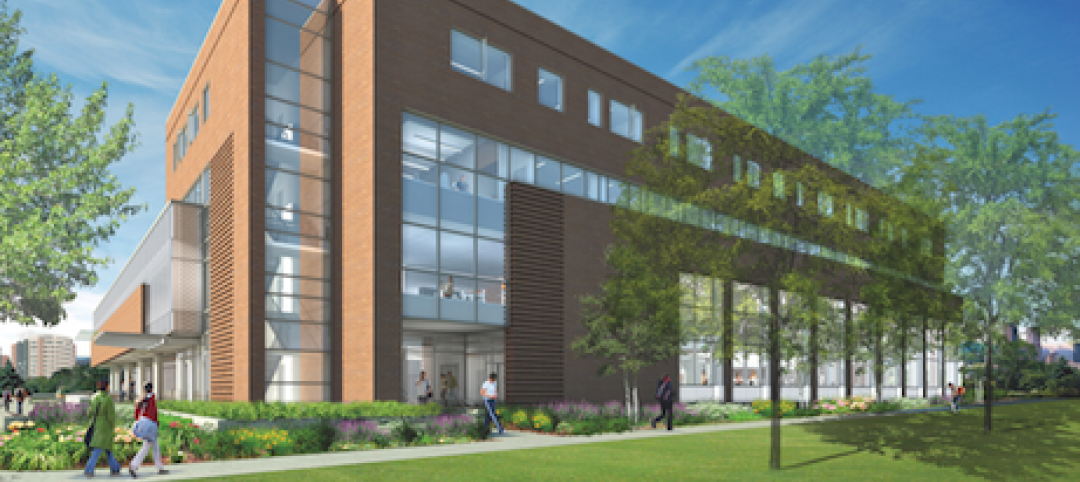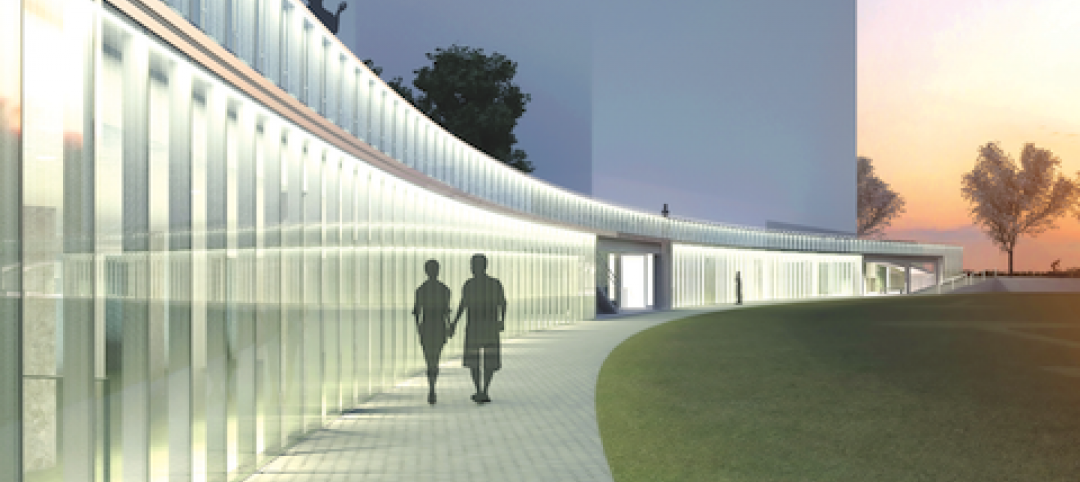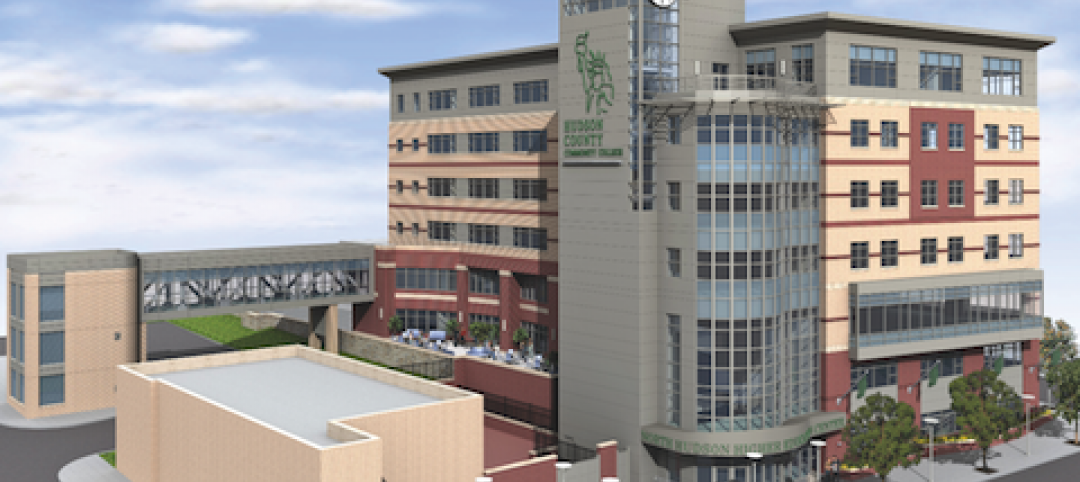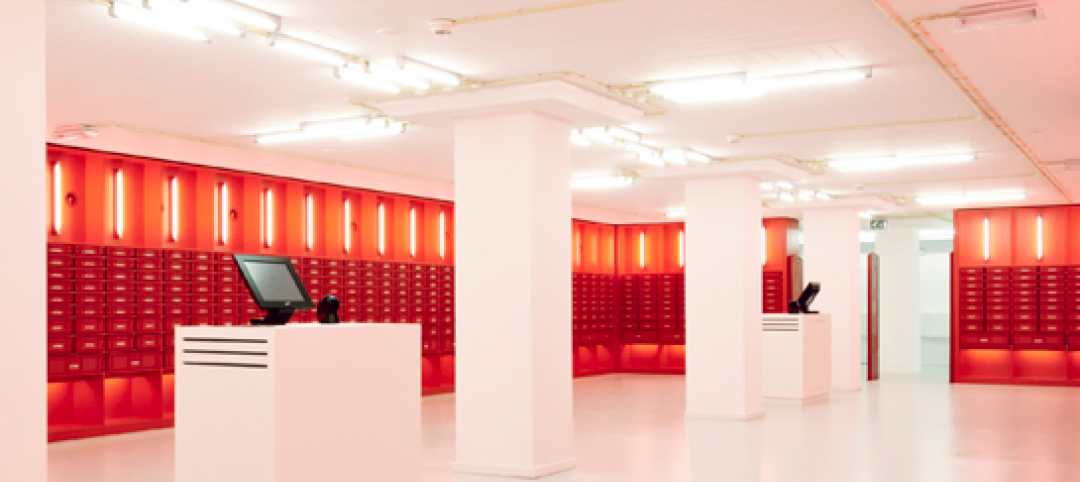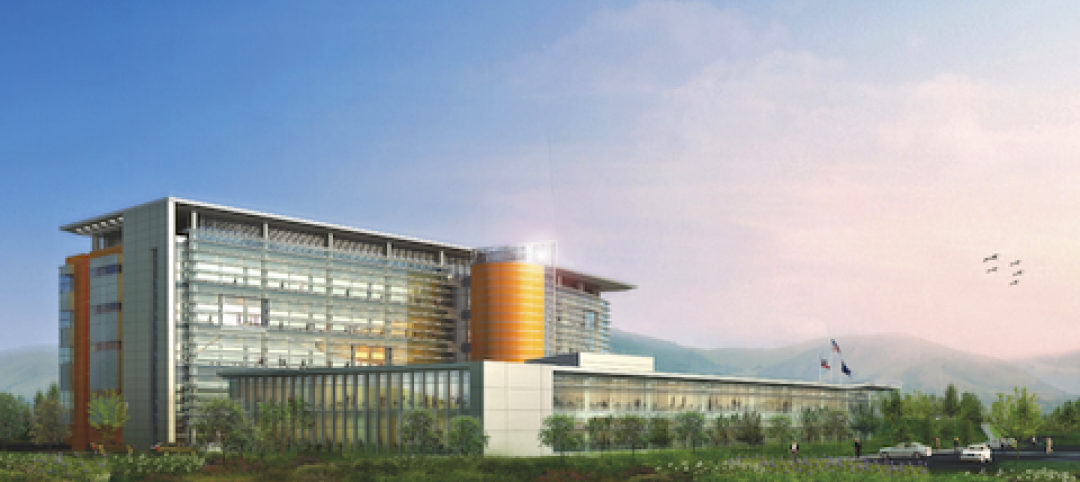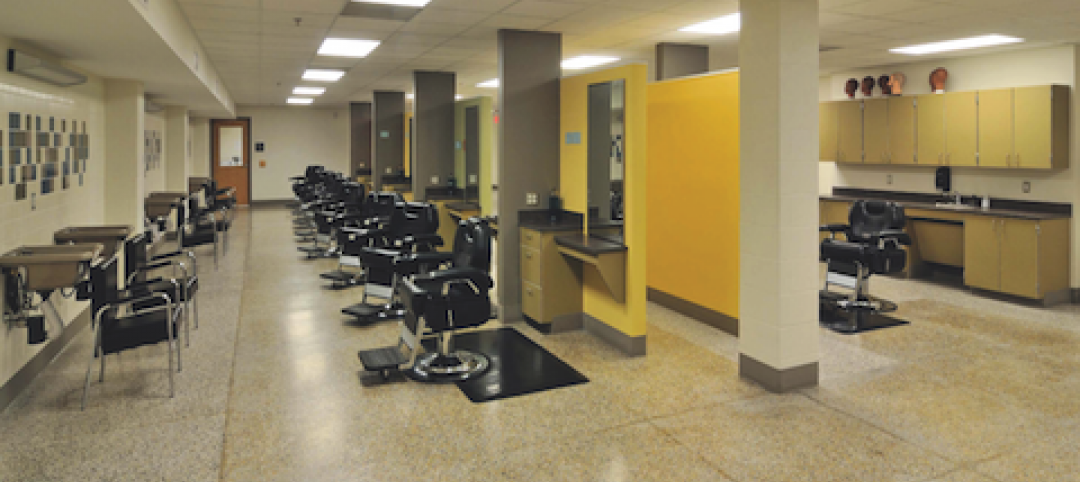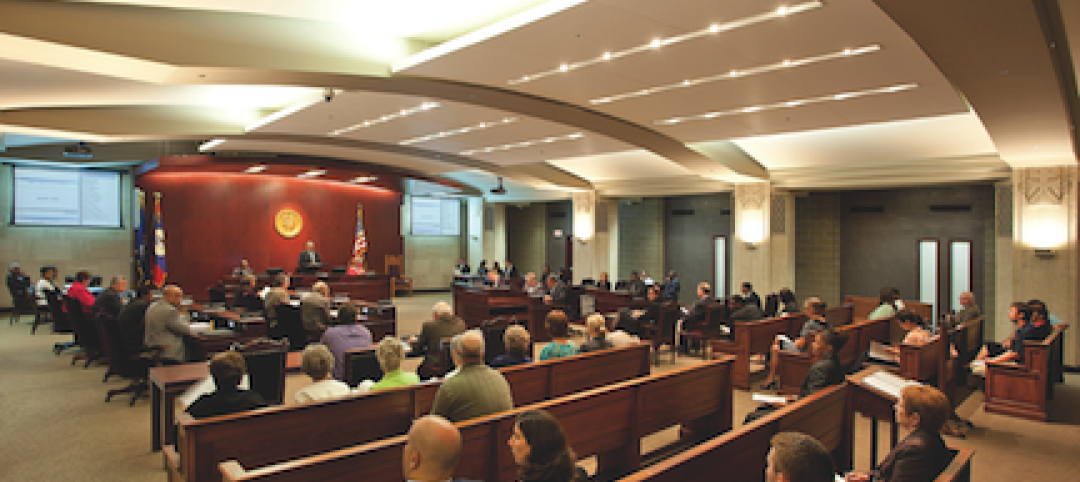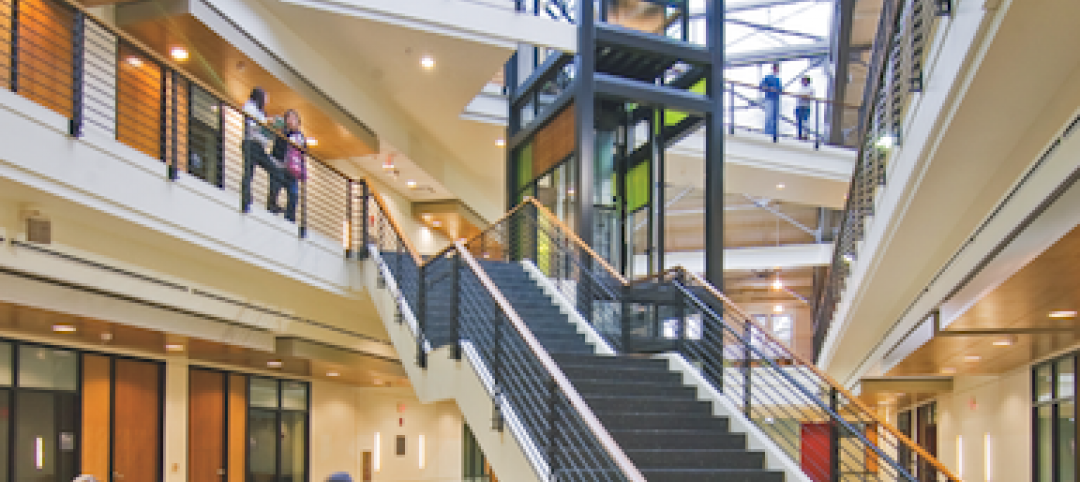In early 2022, the AE firm SSOE Group’s Board of Directors reiterated its commitment to Diversity, Equity, and Inclusion (DEI). Thus began a journey that found SSOE moving toward a more representative mix of diverse employees within its nearly 1,500-person workforce, on project teams and in corporate groups.
This mandate led to the formation of advocacy groups for underrepresented employees within the company, as well as changes in SSOE’s hiring practices and employee benefits. It has also placed SSOE in a better position to compete for projects from developers and organizations (especially in the public sector) that are seeking partners with well-defined DEI programs.
A growing number of AEC firms have been looking at themselves critically through DEI lenses that have brought into sharper relief shortcomings in their human resource policies and programs. These assessments are also being conducted at a time when a company’s DEI reputation can be a determinative factor in where skilled and educated employees choose to work.
SSOE Group can be seen as a case study for how AEC firms are adapting to employees’ shifting expectations of more-inclusive work cultures.
Top-down support for DEI efforts
Catherine Myers, PE, SSOE’s President, notes that prior to its latest actions, the firm didn’t have a specific DEI-focused group that was directly connected to the Board of Directors. That changed when, in March 2022, SSOE added a DEI committee to its Board, and hired its first Director of DEI, Candice Harrison, who had previously been external communications manager for the Toledo (Ohio) Public Schools.
To encourage team buy-in, SSOE held global DEI roundtable discussions in small groups. More than 15 percent of the company’s workers responded to questions that probed their understanding of DEI, why they thought improvements were important for the company, and what challenges in its execution might arise.
Outcomes from these sessions helped to establish DEI priorities such as enhancing diversity in the talent pipeline and setting metrics and management tools.
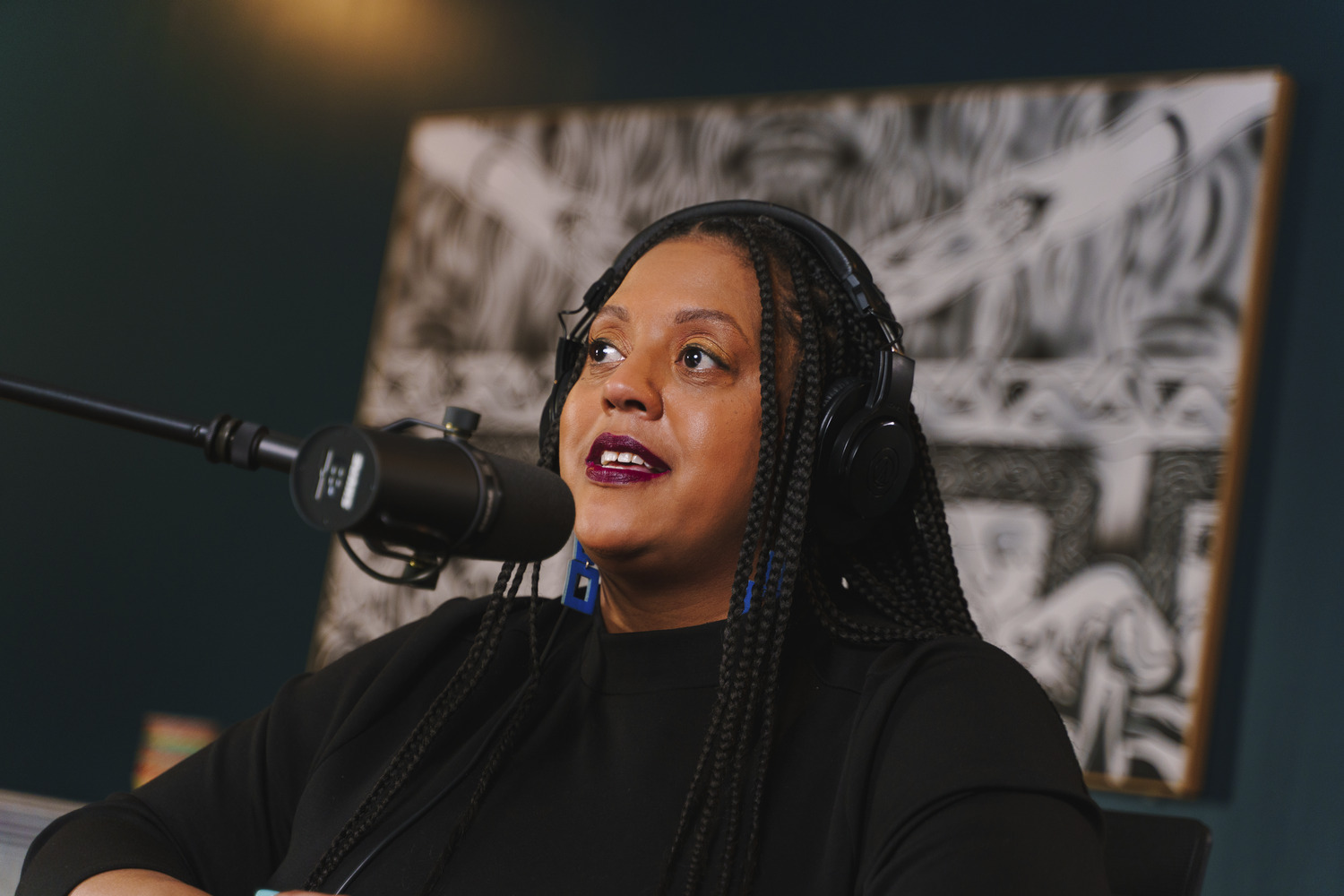
DEI groups give voice to different employees
After completing this company-wide assessment, SSOE Group formed internal Employee Resource Groups (ERG) to give greater voice to its underrepresented workers. One group, the Black Leaders and Collaborative Change Makers (BLACC), initially had 25 active members; the PRIDE group for LGBTQ+ individuals had 27 members; and there were 72 participants in the Women’s ERG. (At the time, SSOE had very few women in its engineering and architecture departments, particularly in leadership roles. And female technical employees created a subgroup because they had different needs regarding representation and support than the larger Women’s ERG.)
Participation in the ERGs was voluntary but strongly encouraged. Each group had at least one member of leadership as an executive sponsor who sometimes came from outside the respective underrepresented group.
Each ERG devised its own mission statement and charter, as well as a leadership/management hierarchy. Broad objectives were refined for specific actions that could range from recognizing holidays like Martin Luther King Day to revising time-off policies. Each ERG meets monthly, and in their first year, the groups were instrumental in strategic benefits planning and Lean Operating Strategy initiatives. The BLACC group assisted SSOE’s human resources department in recruitment events, and invited Dr. Melvin Garvey, the author of Dear White Friend, to speak about DEI.
SSOE has partnered with Historically Black Colleges and Universities such as Tennessee State, through which the firm conferred its first scholarship. The firm’s DEI program also partnered with the National Society of Black Engineers and the Society of Women Engineers. SSOE developed corporate metrics that impact the entire company related to DEI. Tracking those markets is tied to performance, which encourages corporate accountability.
The PRIDE ERG partnered with Hummingbird Humanity, a DEI consulting firm, to help the group elucidate the history of the gay pride movement and to dive deeper into gender identity.
DEI can provide a competitive edge
As part of its DEI journey, SSOE Group conducts virtual training sessions on diversity. The firm required attendance for employees to receive their bonuses. According to Harrison, the focus of SSOE’s diversity efforts has been to embed DEI into daily operations, “creating a space where our employees feel as though they can bring their whole selves to work and have a sense of belonging.”
As the cultivation of these values becomes more intensified, SSOE can distinguish itself with potential partners and incoming employees. “What we’ve developed is more focused on measurement,” said a company spokesperson.
Related Stories
| Oct 13, 2010
HQ renovations aim for modern look
Gerner Kronick + Valcarcel Architects’ renovations to the Commonwealth Bank of Australia’s New York City headquarters will feature a reworked reception lobby with back-painted glass, silk-screened logos, and a video wall.
| Oct 13, 2010
New health center to focus on education and awareness
Construction is getting pumped up at the new Anschutz Health and Wellness Center at the University of Colorado, Denver. The four-story, 94,000-sf building will focus on healthy lifestyles and disease prevention.
| Oct 13, 2010
Community center under way in NYC seeks LEED Platinum
A curving, 550-foot-long glass arcade dubbed the “Wall of Light” is the standout architectural and sustainable feature of the Battery Park City Community Center, a 60,000-sf complex located in a two-tower residential Lower Manhattan complex. Hanrahan Meyers Architects designed the glass arcade to act as a passive energy system, bringing natural light into all interior spaces.
| Oct 13, 2010
Community college plans new campus building
Construction is moving along on Hudson County Community College’s North Hudson Campus Center in Union City, N.J. The seven-story, 92,000-sf building will be the first higher education facility in the city.
| Oct 13, 2010
Bookworms in Silver Spring getting new library
The residents of Silver Spring, Md., will soon have a new 112,000-sf library. The project is aiming for LEED Silver certification.
| Oct 13, 2010
County building aims for the sun, shade
The 187,032-sf East County Hall of Justice in Dublin, Calif., will be oriented to take advantage of daylighting, with exterior sunshades preventing unwanted heat gain and glare. The building is targeting LEED Silver. Strong horizontal massing helps both buildings better match their low-rise and residential neighbors.
| Oct 12, 2010
Holton Career and Resource Center, Durham, N.C.
27th Annual Reconstruction Awards—Special Recognition. Early in the current decade, violence within the community of Northeast Central Durham, N.C., escalated to the point where school safety officers at Holton Junior High School feared for their own safety. The school eventually closed and the property sat vacant for five years.
| Oct 12, 2010
Guardian Building, Detroit, Mich.
27th Annual Reconstruction Awards—Special Recognition. The relocation and consolidation of hundreds of employees from seven departments of Wayne County, Mich., into the historic Guardian Building in downtown Detroit is a refreshing tale of smart government planning and clever financial management that will benefit taxpayers in the economically distressed region for years to come.
| Oct 12, 2010
Richmond CenterStage, Richmond, Va.
27th Annual Reconstruction Awards—Bronze Award. The Richmond CenterStage opened in 1928 in the Virginia capital as a grand movie palace named Loew’s Theatre. It was reinvented in 1983 as a performing arts center known as Carpenter Theatre and hobbled along until 2004, when the crumbling venue was mercifully shuttered.
| Oct 12, 2010
University of Toledo, Memorial Field House
27th Annual Reconstruction Awards—Silver Award. Memorial Field House, once the lovely Collegiate Gothic (ca. 1933) centerpiece (along with neighboring University Hall) of the University of Toledo campus, took its share of abuse after a new athletic arena made it redundant, in 1976. The ultimate insult occurred when the ROTC used it as a paintball venue.


